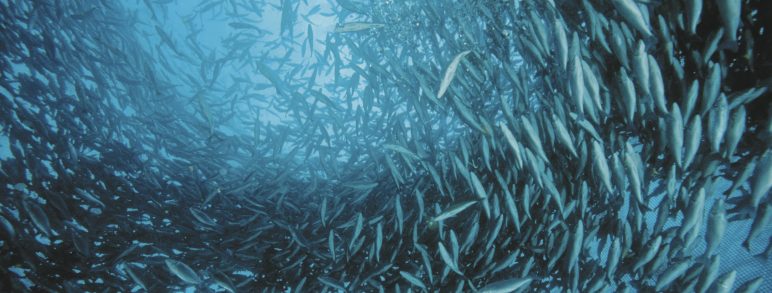Jenny Weitzman and Ramón Filgueira of the Carrying Capacity research module have published a new review in Reviews in Aquaculture titled The evolution and application of carrying capacity in aquaculture: towards a research agenda.
The review aims to advance the use of carrying capacity tools and methods in aquaculture decision-making. See the full report here.
Abstract
Carrying capacity has become a fundamental concept within the context of environmental management. Carrying capacity for aquaculture has been studied since the 1960s and has attracted a dedicated literature focused on measuring the environmental and production limits of aquaculture developments. Nevertheless, management and policy face emerging challenges across environmental and social aspects and the growing need to manage multiple objectives in increasingly crowded aquatic ecosystems. Therefore, promoting more sustainable aquaculture development should consider how the tools, methods and research used to support management and decision‐making should advance to meet such challenges. Here, the conceptual and practical applications of carrying capacity are reviewed and future prospects discussed. Carrying capacity for aquaculture has developed a range of models, indicators and approaches to study the relationships between aquaculture and ecosystem components. Carrying capacity supports diverse management objectives to support physical, production, ecological and social goals, although greater emphasis has focused on ecological and production capacities. This review introduces research needs and strategies to advance methods and tools and improve carrying capacity utilization for more holistic, ecosystem‐based aquaculture decision‐making. This paper presents a five‐pillar research agenda for carrying capacity that (i) recognizes system complexity and is (ii) policy‐relevant, (iii) adaptive, (iv) interdisciplinary and (v) meaningful. By promoting knowledge uptake and addressing literature gaps, the proposed agenda could help operationalize a holistic approach to managing for aquaculture sustainability.
